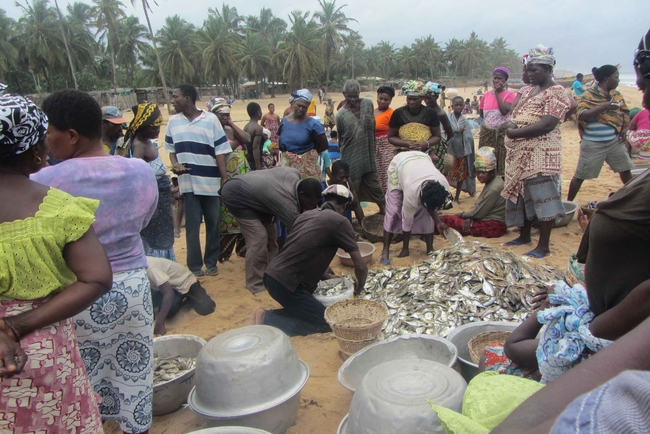Background
Institutional change is crucial for the sustainable use and management of coastal and marine systems. While there is no consensus which institutional regimes can steer coastal social-ecological systems towards sustainability, co-management has been proposed as an institutional regime with great potential for sustainable resource governance.
Consequently, there is an on-going transition from open access and centralised governance regimes to co-management for governing coastal fisheries and mangroves.
Successful examples of such governance transitions exist in many places, but many transitions to local governance regimes are beset with myriad of challenges.
This project examines the process of transitioning to co-management regimes in Ghana, where efforts to develop fisheries co-management institutions for governing coastal fisheries has been on-going since 1997.
Research approach
The project develops an analytical framework from institutional theory to diagnose the challenges of governance transitions in coastal social-ecological systems.
Using a case study approach, the project will adopt process-tracing and critical discourse analysis to conduct an institutional analysis of the challenges of developing fisheries co-management regimes.





